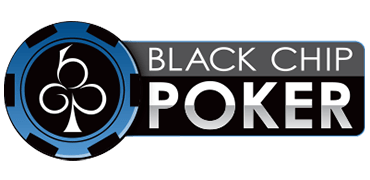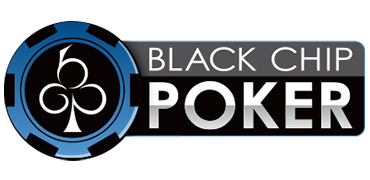People play poker for different reasons. Some do it professionally to make a living, whether that’s in cash games, or tournaments. Some do it casually, sometimes to make money, but sometimes just to fuel a competitive fire that one might not be able to get from a former physical activity. And some just do it for fun, for the love of the game.
However, just like other forms of casual live and online gambling like Blackjack and Pai Gow, sometimes, poker can be too much for some people. Some will find themselves in a much bigger hole than they can afford, and think that the only way to win it back is to dig even deeper into their pockets. Does it work out occasionally? Sure. But just like in poker, it’s all about the odds, and odds are that it will lead to some losing more than they can afford, and for some, lead to poker addiction.
What is Poker Addiction?
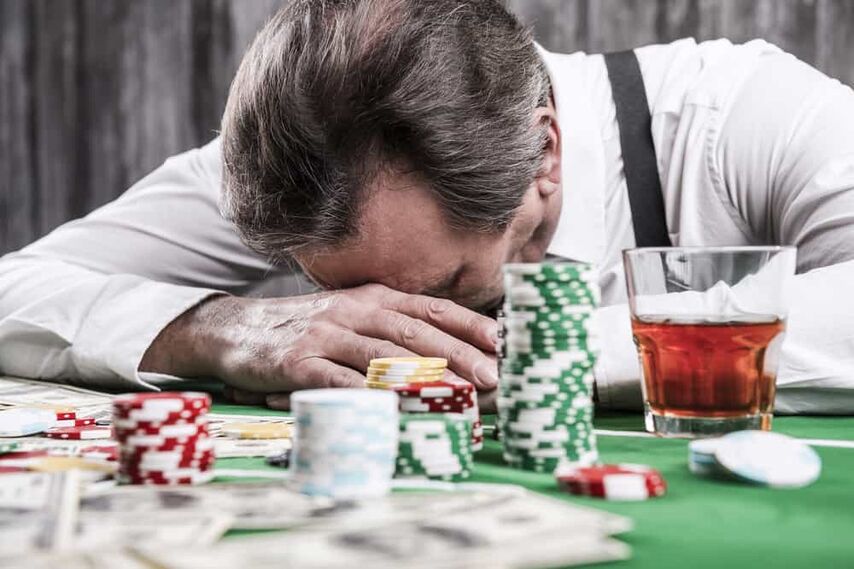
Like any other problem, one of the first steps in solving a problem is admitting you have one, and finding out what the core of the problem is. For poker, the answer is quite simple: it’s a thrilling game when play competitively, especially for life-changing amounts of money. Talk to any poker reg, and they will tell you that nothing beats the thrill of making a deep run in a live tournament or online major event like a SCOOP or WCOOP Event on Pokerstars. Or that feeling when you drag a massive pot that for some can be worth as much as a new card, or even a new house.


But it’s important to always point out that while poker can offer the highest of highs, it will also inevitably lead to some low lows. Downswings in tournament play are all but guaranteed at some point for those who put in months or years of work on their games. Bad beats will happen in cash games that will cost you your full buy-in. The most important factor is knowing when to stop, and being able to go through with it. If you know that you should quit a cash game, but you find yourself heading to the ATM like you are on autopilot, then you might be suffering from a poker addiction.
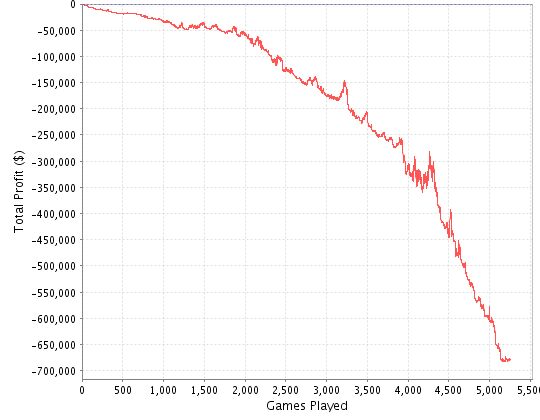
Other Signs of Poker Addiction
It’s important to mark a clear distinction between playing too much poker and a poker addiction. As long as poker isn’t affecting your normal, everyday life, then there should be no reason for you to have any concerns. However, if you find yourself losing money that you can’t afford, or borrowing money that you know you won’t be able to pay back in a timely manner, then you might have a problem on your hands. If you are missing out on important family events, like family birthdays, or your kid’s baseball game, then it might be time to seriously reconsider how much poker you are playing. If you find the negative emotions you are feeling at the poker table are spilling over into your personal relationships, and even worse, if you find yourself taking those emotions out on your partner or family members, who have nothing to do with poker, they certainly could be symptoms of a developing or full-blown poker addiction. Some other symptoms of poker addiction can be seen below.
- Needing to increase the amount of money you play for to get the same thrill
- Trying to control, cut back or stop poker, without success
- Playing poker to escape problems or relieve feelings of helplessness, anxiety or depression
- Lying to family members or others to hide the extent of your poker playing
- Trying to get back lost money by playing more (chasing losses)
- Risking or losing important relationships, a job, or school because of poker
- Asking others to bail you out because you gambled money away
How to Quit Poker Addiction
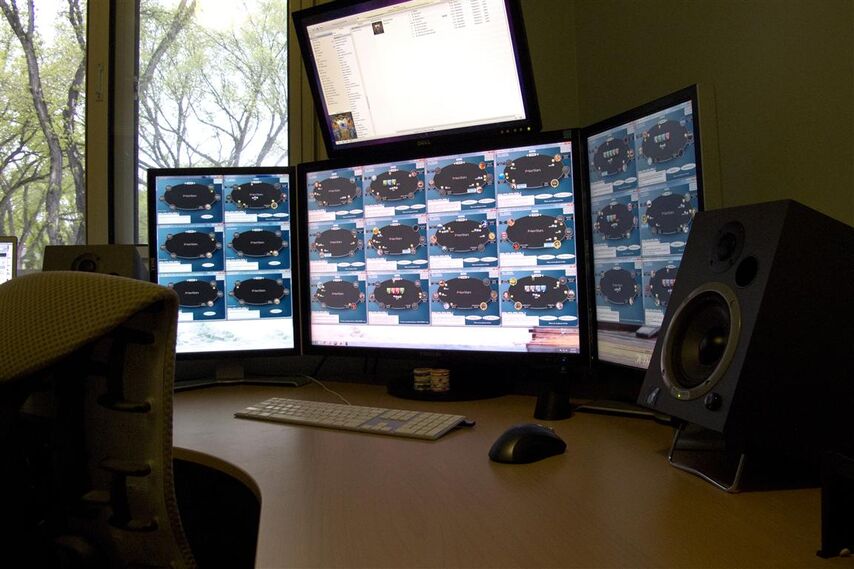
Like any other addiction, there is no simple answer or solution to such a complex question. A poker addiction doesn’t start overnight. No one learns how to play poker, and the next day they are taking out second mortgages on their homes or maxing out their credit cards. This kind of behavior is built up over time, perhaps when one’s self-confidence outweighs their rational thoughts on the stakes they are playing, or the lineup of players they are up against. Just like gambling, alcohol, or drug addictions, there are steps one can take in order to address a possible poker addiction. For some, it could be as simple as lowering the stakes you play so that the losses aren’t as crucial to your bottom dollar. Some might even play freerolls so that they can scratch their poker itch while risking nothing.
- Increased first deposit bonus
- Increased rakeback and reloads
- Help with deposits and cashouts
- Access to private freerolls
- Round-the-clock support






Of course, some need more extreme measures to deal with their problem. Seeing a therapist, or attending Gambler's Anonymous meetings could be a good start, or you could try going straight to a rehab facility. This certainly isn’t the answer for everyone, but some will find that they need a strictly regimented program in order to essentially rewire their brains in order to try to kick this addiction. We have profiled some stories before where clearly an addiction is involved.
In today's selection, gamblers talk about how they hid in the shower, were in prison, deliberately threw away the best hand, and committed some actions that were perhaps not the most rational.
It’s important to not only look for these signs in yourself but also in your friends and family members as well. Often times, the person at the center of the problem will be in denial or think they have everything under control when it is obvious from an outsider’s perspective that the opposite is the case. It is important to be honest with your friend, or yourself if you are the one with a poker addiction, and do what you can to provide as much help as needed.
If you or someone you know is suffering from poker addiction, it’s important to seek help. You can call the National Helpline 1-800-GAMBLER, or look in your local area at their various addiction treatment facilities.















